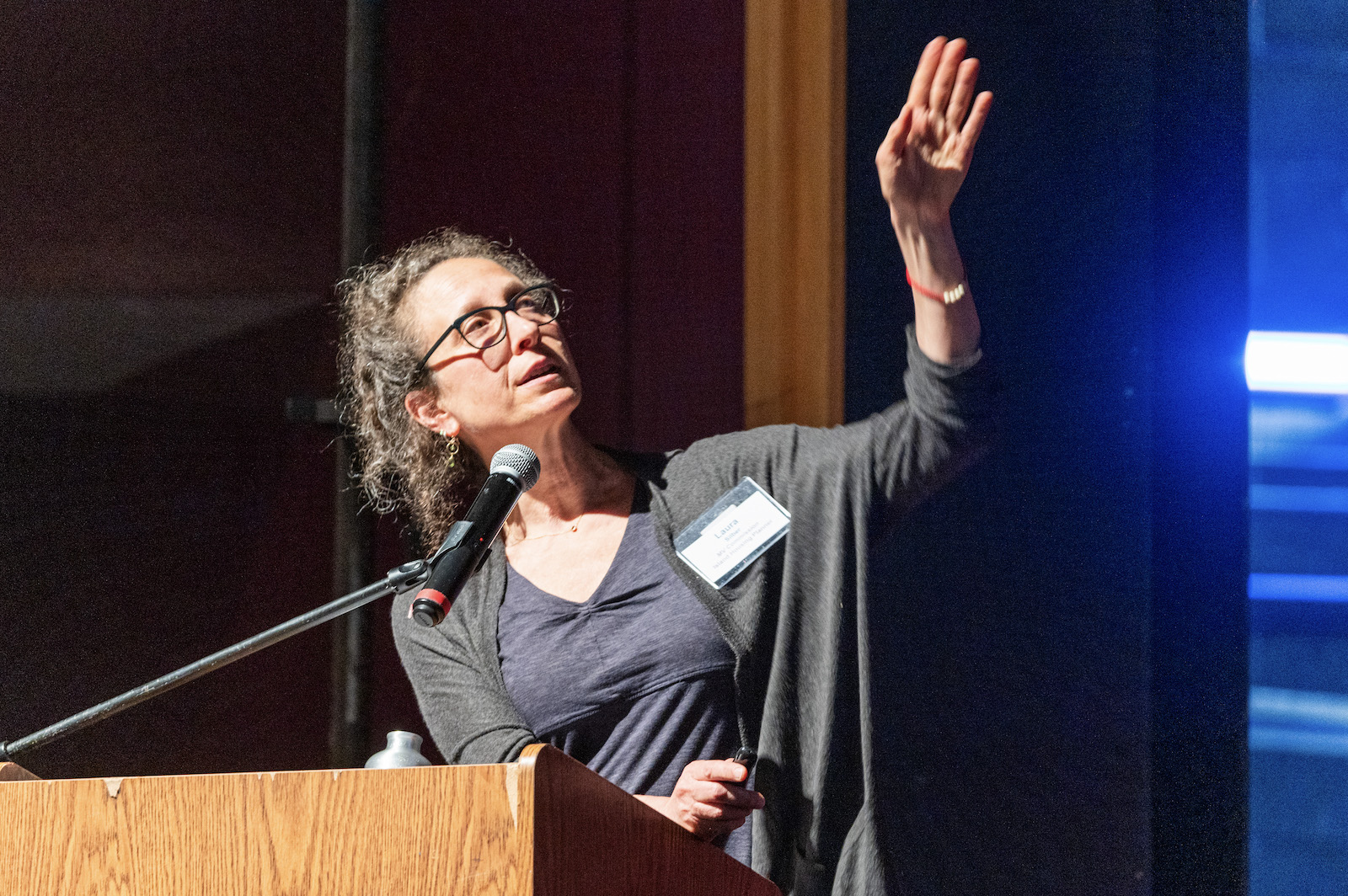A proposal to allow cities and towns across Massachusetts to assess a fee on high-end home sales has been left out of a revamped housing bill unveiled by state lawmakers last week.
But housing advocates say the idea, which has long been a priority for the Vineyard, is far from dead.
Last year, Gov. Maura Healey filed a $4.1 billion housing bill that included a local option housing transfer fee that was hoped to supply communities with money to chip away at the Island’s housing crisis. The fee would be assessed on home sales either above $1 million or the area’s median single-family home sale price and would go to a regional housing bank.

The Vineyard’s six towns voted in 2022 to put forth their own version of the fee as part of an Island housing bank petition, and housing advocates were heartened when Governor Healey picked up the idea in her bill.
But the fee — which was aimed to be between 1/2 and 2 per cent of sales — had been stripped from the state House of Representatives’ version of the bill released on June 5, and its absence was noted, several Vineyarders said.
“It’s a real bummer,” said Jim Feiner, a realtor and real estate developer who serves as the chair of the Chilmark affordable housing committee. “We really need the transfer tax. We need the income stream.”
More than a dozen municipalities, including Nantucket and several Cape Cod towns, had filed home rule petitions similar to the Vineyard in order to get their own housing banks supplied by the transfer fee, but House speaker Ron Mariano, a Democrat from Quincy, was against the idea.
“It’s so inequitable,” he told reporters earlier this month. “You’d raise a ton of money on Nantucket and you’d raise next to nothing in Lawrence.”
When asked why the transfer fee, which towns would have had to opt into, wouldn’t work, Mr. Mariano said it was a “scattered” policy that would only help moneyed municipalities.
“It’s not a tax I wanted to incur on seniors that sell their houses just to help rich communities,” he said.
Despite the opposition from some members of the House as well as mainland realtor groups, several Islanders were optimistic that the provision would make its way back when the state Senate lays out its version of the bill.
Each chamber makes its own version of bills and then they can be hashed out together before heading to the governor. Laura Silber, the Martha’s Vineyard Commission’s housing planner, said the transfer fee always faced an uphill battle in the House.
“I think most of us who have been working on this legislation were not surprised that this wasn’t in the House version,” she said. “Disappointed, of course, but not surprised.”
She anticipated the transfer fee had more allies in the Senate, and ideas raised in the House could blossom now that the bill has been reported out.
“There’s a dozen different ways this could happen between now and the end of the legislative session,” Ms. Silber said.
The Island’s own state Senator, Truro Democrat Julian Cyr, has been a staunch supporter of the transfer fee and in an interview with the Gazette, he said he has been working to come up with a case about how essential the transfer fee is for seasonal communities such as the Cape and Islands.
“The housing transfer fee is a tool a lot of communities are clamoring for,” he said. “It’s a tool that may not be right for every community, but I believe every community in Massachusetts should be able to access it.”
During a visit to the Vineyard last week, Governor Healey said she was glad to see the bill, the single largest housing push in the state’s history, moving forward, even if the transfer fee was missing.
“Housing is the number one priority for my administration, and I’m glad to see the bill moving through the House,” she told the Gazette. “Obviously, it’s still in the midst of the legislative process, and we’ll continue to work on things there, and we’ll see what happens. I supported the transfer fee. We included it in our initial proposal because we thought it was important to give communities a local option, and also as a way to spark production. So housing remains the top priority.”
Housing advocates on the Vineyard, where the median house price in 2023 was $1.5 million, said most ways out of the Island’s housing crunch will come at a high cost. Having a dedicated revenue stream is essential, they say, to turn the tide.
“The bottom line is that the Vineyard is sort of out of control when it comes to its real estate market,” Mr. Feiner said. “Everything requires money and it would be great to have more sources.”
State Rep. Carmine Gentile, a Democrat from Sudbury, put forth an amendment in the House that would have included 22 cities and towns in a pilot program to test out the transfer fee. His office said the pilot would have been modeled after the fossil fuel free communities pilot that included Aquinnah. But the idea couldn’t garner sufficient support and was withdrawn.
But this kind of compromise could resurface later, and Ms. Silber noted that the Vineyard’s own petition for a housing bank had received a favorable report in the legislature and could make it in future bills if the broader statewide option tax didn’t make the cut.
“This is not a cake walk for sure,” she said, “but we have some very good options and the process is far from over.”
Emma Kilbride contributed to this article.








Comments (10)
Comments
Comment policy »